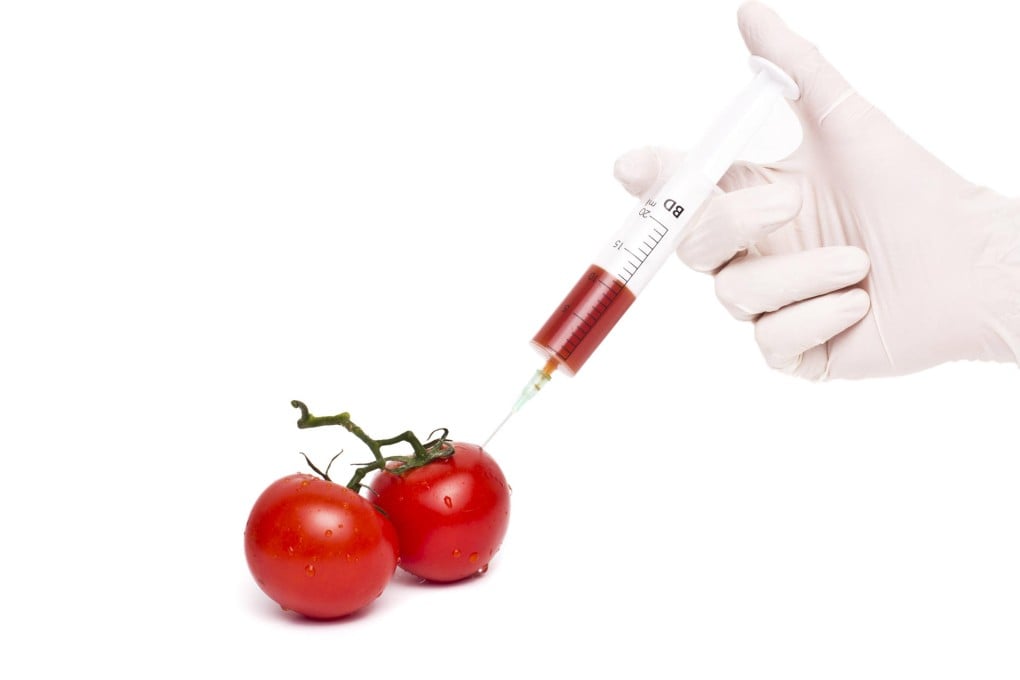Are genetically modified foods safe for human consumption? Yes, but ...

Yes
When we read about healthy eating, we are often told to stick to organic foods, and to avoid genetically modified, or "GM", ones. As GM foods are not produced naturally, and usually involve the addition of new genetic materials, many nutrition experts say they can have a negative impact on human health.
Common fears about GM foods include the belief that they can cause enlarged organs, and even cancer.
According to dietitian Daphne Wu, the three main health issues summarised by the World Health Organisation with regards to GM foods are the potential to provoke an allergic reaction, gene transfer, and outcrossing.
"The first is concerned with the transfer of genes from commonly allergenic organisms to non-allergenic organisms," says Wu. "The second issue relates to the transfer of modified genes which may be antibiotic-resistant, to human cells or gut microflora. This can adversely affect human health.